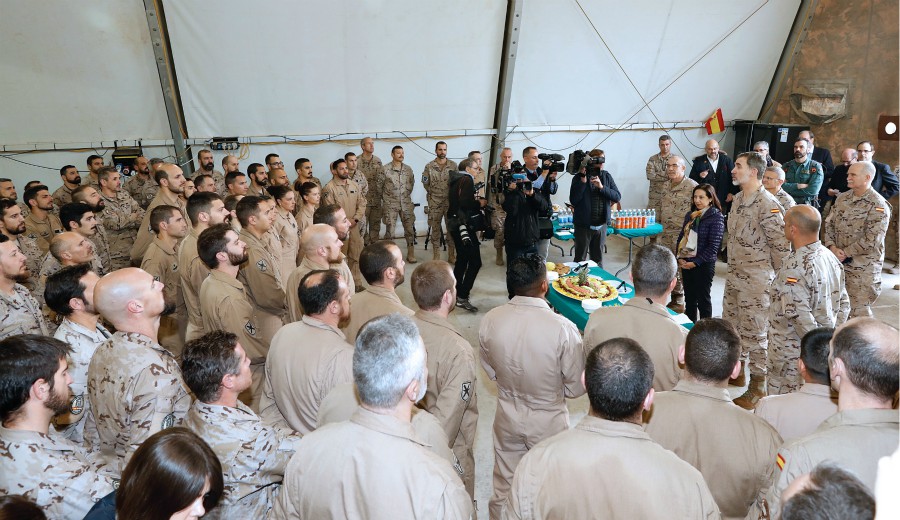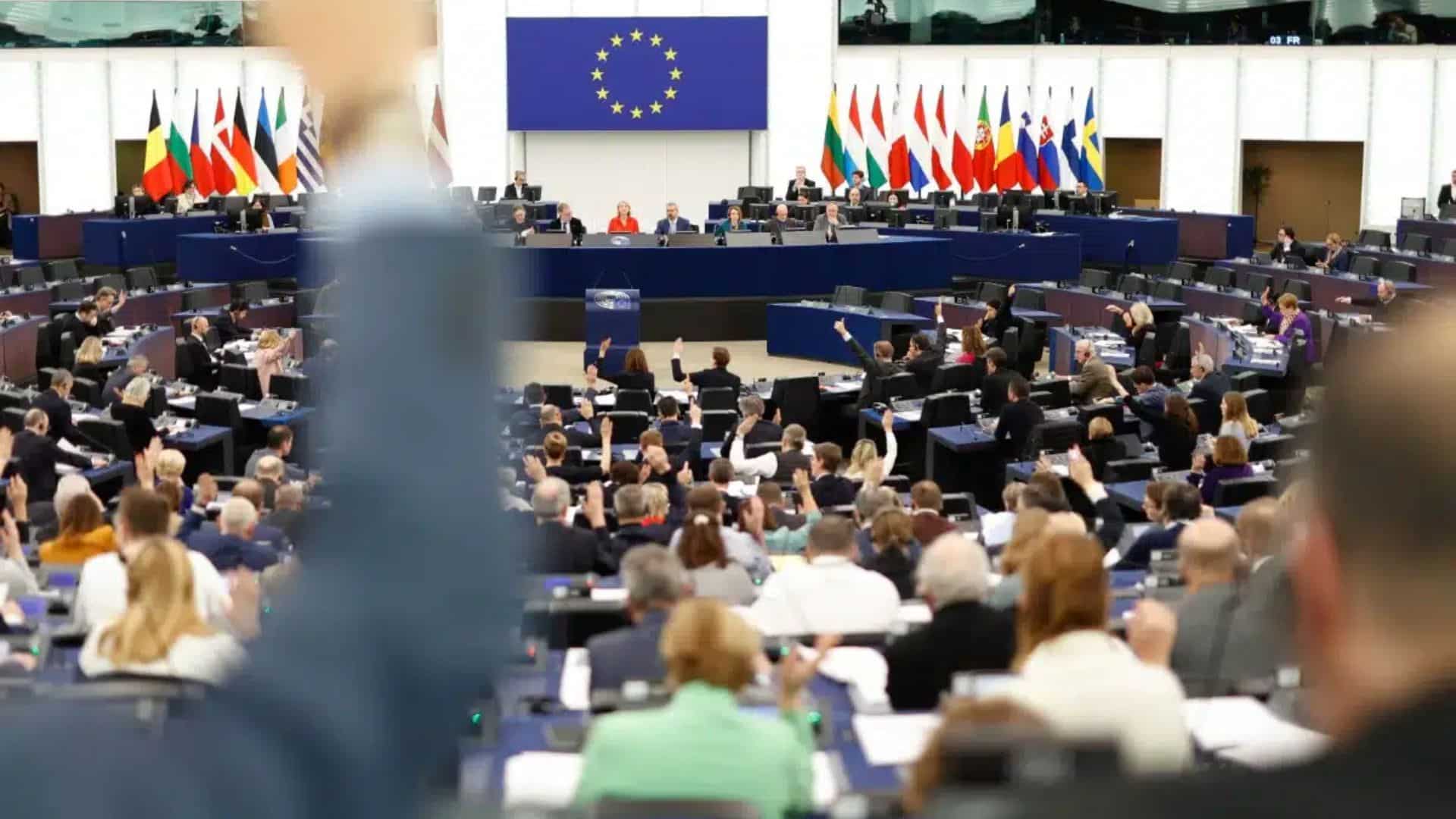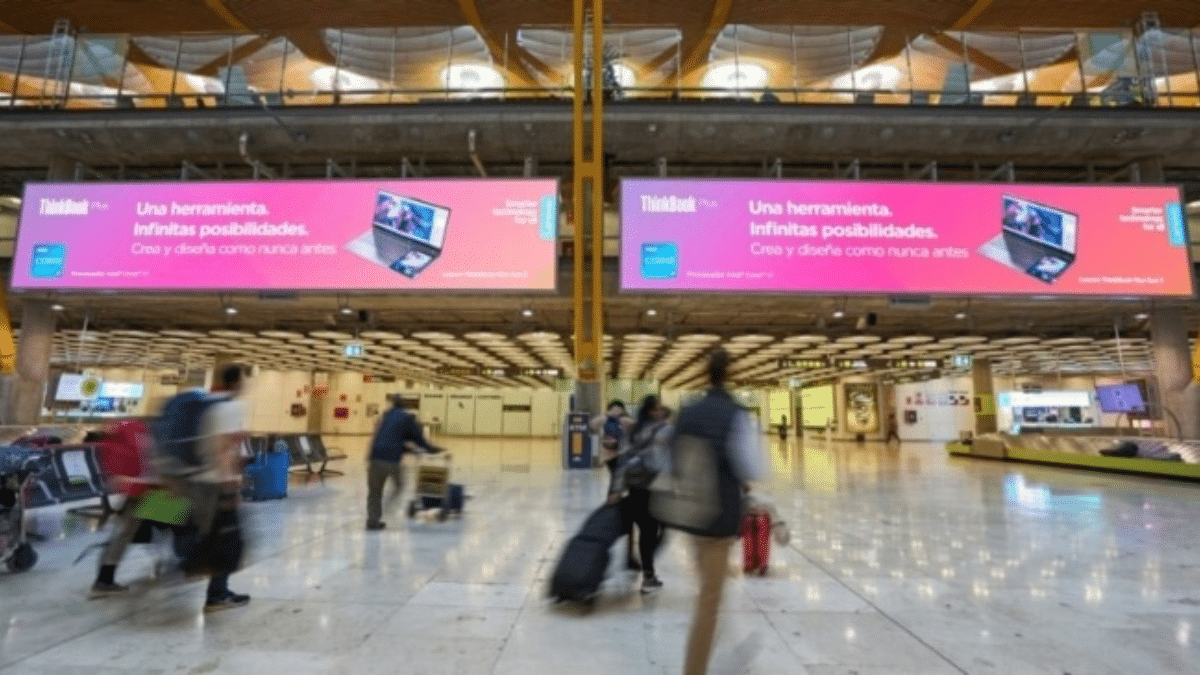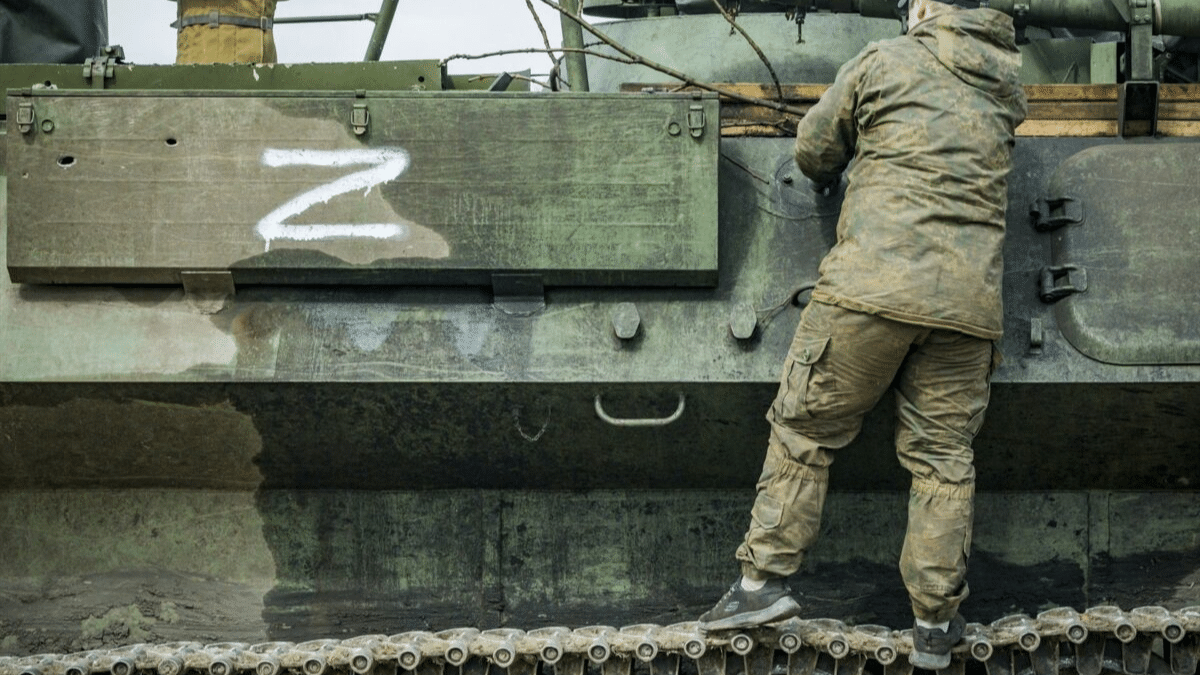
Government approves today a series of work-life balance measures for the military
The Council of Ministers will today approve a series of measures to facilitate work-life balance and joint responsibility for soldiers.
Two ministerial orders which will include new developments on issues such as exemption from guard duty for soldiers with reduced working hours, single parent families, or mobility for victims of domestic violence.
The Minister of Defence, Margarita Robles, explained that the goal is to facilitate work-life balance for soldiers and increase joint responsibility, while also fostering more women in the Armed Forces.
Deputy Defence Secretary, Alejo de la Torre, detailed the measures last week in Congress.
He reported that facilities will be provided to care for children under 12 and service needs may not be used to require soldiers to attend “festivities or institutional events” on non-working days or public holidays for those who have reduced working hours to care for children.
Guard duties, manoeuvres or similar activities will not be obligatory for soldiers with reduced working hours to take care of children under four. Those with children aged between 4 and 11 must adapt to service needs.
Reduced working hours will also be regulated in cases of shared custody, meaning this will only apply when the children are with the soldier, thus leading to a lower reduction in salary.
Greater support will be provided for single-parent families, who will be exempt from guard duty when caring for children under 12; and the circumstances of pregnant soldiers will also be improved by creating new paid leave from week 37 until birth, or from week 25 in the case of multiple pregnancy.
Help will be provided for adoption and joint responsibility will be promoted with leave to accompany the partner to prenatal tests.
Furthermore, there will be specific measures for marriages or common-law partnerships between soldiers. For example, they will be exempt from guard duty and manoeuvres if they have reduced working hours to care for children under 12, should the partner be forcibly destined to a different geographical area, and criteria will be established so that spouses or common-law partners with children under 12 do not coincide in activities outside their usual working hours.
Moreover, greater facilities will be provided for soldiers with reduced working hours to care for people with physical, mental or sensory disability.
Victims of domestic violence will be offered mobility, creating a specific post if necessary when a destination is granted for this purpose, and a specific 1-hour flexitime will be established for these victims.
SOLDIERS TURNING 45 IN 2019 WILL BE OFFERED PUBLIC EMPLOYMENT IF THEY PASS THE TESTS
Defence has also guaranteed that soldiers having to leave the Armed Forces in 2019 as they turn 45 can access public employment in the Police, Civil Guard, Customs Surveillance Service (SVA in Spanish) or one of over 400 positions at the Ministry of Defence, for civil servants and public employees, provided they pass the tests.
Mr De la Torre stressed the Ministry intends to adhere to the ruling approved in September 2018 by the subcommittee created in Congress to study the professional status of troops and sailors.
He defended measures taken to benefit staff who must leave the Armed Forces after they turn 45, who are known as “special reserves” and for whom, he highlighted, the Government offers “maximum attention”.
In the first two years, this group can take training courses within the Army, and he reiterated the Ministry’s commitment to implementing the necessary temporary provisions so that anyone who had to leave the Armed Forces before these support measures came into force can benefit from them.
FLEXIBILITY FOR TROOPS AND SAILORS STEPPING INTO CIVILIAN LIFE
Last Friday, the Council of Ministers also approved a royal decree that seeks to facilitate rejoining civilian life, making it more flexible for troops and sailors. It will allow soldiers to deal with any job offers they may receive during their service in the Armed Forces, providing more streamlined access to unpaid leave.
The minimum notice for requesting unpaid leave changes from three months to 15 days, while the minimum period of unpaid leave drops to three months from the current six months. The soldier’s destination will also be reserved during the first four months of leave.
The decree also extends obligatory service for Air Force pilots trained at military academies. Military pilots must serve a minimum of 12 years in the Armed Forces.











